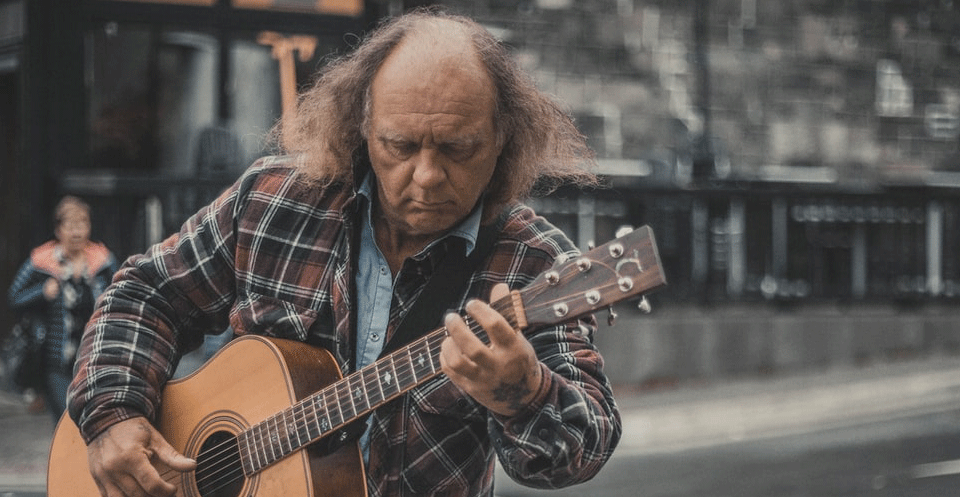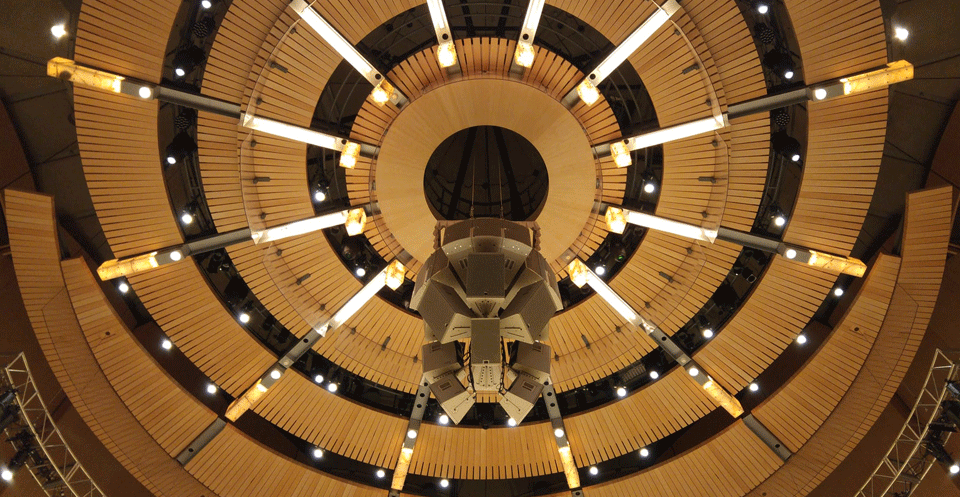Music Therapy for Alzheimer’s Disease

“Where words fail, music speaks”
~Hans Christian Andersen
Music is therapy for everyone, not just people who have Alzheimer’s disease. I think that each of us has experienced, if not euphoria, at least a certain reverie while listening to an especially enjoyable piece of music. Whether your tastes are for the classics, jazz, or rock-and-roll; or if you prefer listening to soul, country music, show tunes, or whatever; you will admit that music has the power to move you. This emotional attachment that we, as human beings, have for music, is the basis for music therapy, the reason it works so well. It is why we are so passionate about music therapy for Alzheimer’s and all other forms of dementia.
The Miracle of Music Therapy for Alzheimer’s
The power of music to soothe the heart and to positively affect the mind and the soul was known in antiquity. Dr. Case Adams, board certified alternative medical practitioner, wrote in a May 6, 2010 article for Yahoo Voices: Old favorites and favorite artists are the way to go when selecting music for reminiscence.
Music Therapy Requires a Music Therapist
Like art therapy, music therapy for Alzheimer’s is a discipline that requires training and musical proficiency. Music therapists are degreed and certified. Music therapy involves more than just listening to music. According to the American Music Therapy Association, “Music Therapy is an evidence-based health profession with a strong research foundation, and require knowledge in psychology, medicine, and music.
On the other hand, listening to music can be powerful medicine
Witness the profound affect listening to just a few minutes has on Henry in the video below. Again, what happens in the video is, strictly speaking, not music therapy, but it certainly is therapeutic for Henry.
There is not a consensus among researchers that music has positive effects on the behavior, memory, or cognition of persons who have dementia. But, then, researches have a difficult time reaching a consensus on much of anything, especially where people and the brain are concerned. On the other hand, there is certainly enough evidence, both clinical and anecdotal, to warrant further investigation. And since the most severe side-effects of music therapy are things like toe-tapping, singing, swaying, and maybe even dancing, we heartily recommend that music be included in an overall treatment plan for anyone who has dementia. Don’t wait for the research to catch up with what is so obviously beneficial.
Provide music therapy for Alzheimer’s disease at every opportunity.
Music and Traditional Chinese Medicine
One of the world’s oldest medical treatises was written twenty three centuries ago. It is The Yellow Emperor’s Classic of Medicine. That text chronicles the use of music as medicine. In fact, the picture on the left shows the Chinese written characters for music and for medicine. They are strikingly similar, and that is not coincidental.
Make music part of an overall treatment plan for people who have dementia.
Music for music’s sake can have wondrous results. But music can be so much more. For example, music is one of our best tools for reminiscence therapy.
Reminiscence Music
A 2000 study reported in the Journal of Music Therapy found reminiscence music to be effective against depression: “Results indicated that participation in small group reminiscence focused music therapy groups might help to reduce depressive symptoms in elderly people with dementia.” Another group reported4 in International Psychogeriatrics “Music therapy is a safe and effective method for treating agitation and anxiety in moderately severe and severe AD.”
Reminiscence music is different for everyone. Music by The Beatles, Crosby, Stills and Nash, the Moody Blues and other groups of that era cause all sorts of memories to flood into my head. But sometimes so does a song by Frank Sinatra, or even Doris Day can do the trick. I can remember specifically once sitting at the kitchen table while my mom was washing the dishes, listening to Doris Day sing Que Sera, Sera. I couldn’t have been more than six years old.
If your not sure what music will be best for reminiscence for a certain individual, play music that was popular when that person was younger, anywhere from his childhood until his middle twenties is a good place to start. If the music brings a smile to his face it will likely do the trick. If he smiles and starts singing, make darned sure you keep that song.
Background Music
Structured music therapy sessions are beneficial, but music can also be helpful when used in a less formal way. A report in the Journal of Music Therapy (Winter 2007) found twenty-eight people with Alzheimer’s, “show clear increase in positive behaviors, such as conversation, smiling, or moving to the rhythm, and a reduction in negative behavior such as wandering, fidgeting and showing aggression towards others,” when music was played in the background.
A study (International Psychogeriatrics: 2006 International Psychogeriatric Association doi:10.1017) concluded that music therapy reduces “activity disturbances” in people with moderate to severe Alzheimer’s disease. The authors of this study conclude that, “activity disturbances and anxiety can be affected by the patient’s participation in music therapy.” One observation of the authors of this latter study that I find particularly intriguing is that, “active participation in music sessions could give some meaning to the lives of patients who have lost the ability to create meaningful activity. Their desire for activity would subsequently be met and symptoms of meaningless activities lessened.” This supports our contention that providing meaningful, age-and stage-appropriate activity is one of the most important things you, as a carer, can do for you care partner.
Incorporating music into the daily care regimen of individuals with dementia may indeed be a valuable strategy and cost effective therapeutic intervention to reduce the overall incidence of agitated behavior and decrease the need for restraints.
Exercise to Music
We know that exercise keeps the body and the brain healthy. Scientists are also starting to see a reverse correlation between exercise and dementia. And what better accompaniment to a workout is there? Whether you are training for a marathon or leading an exercise group in an assisted living community, the right music makes the workout so much better.
Music and Memory
Then there is a 2010 study published in Neuropshchologia that concluded that, “patients with AD (Alzheimer’s disease) performed better on a task of recognition memory for the lyrics of songs when those lyrics were accompanied at encoding by a sung recording than when they were accompanied by a spoken recording. These results suggest a fundamental difference in the encoding and retrieval processes for musical versus non-musical stimuli between patients with AD and healthy older adults.” This suggests to me that we may be able to use the brains plasticity to re-teach certain basic skills that have been lost to dementia.











